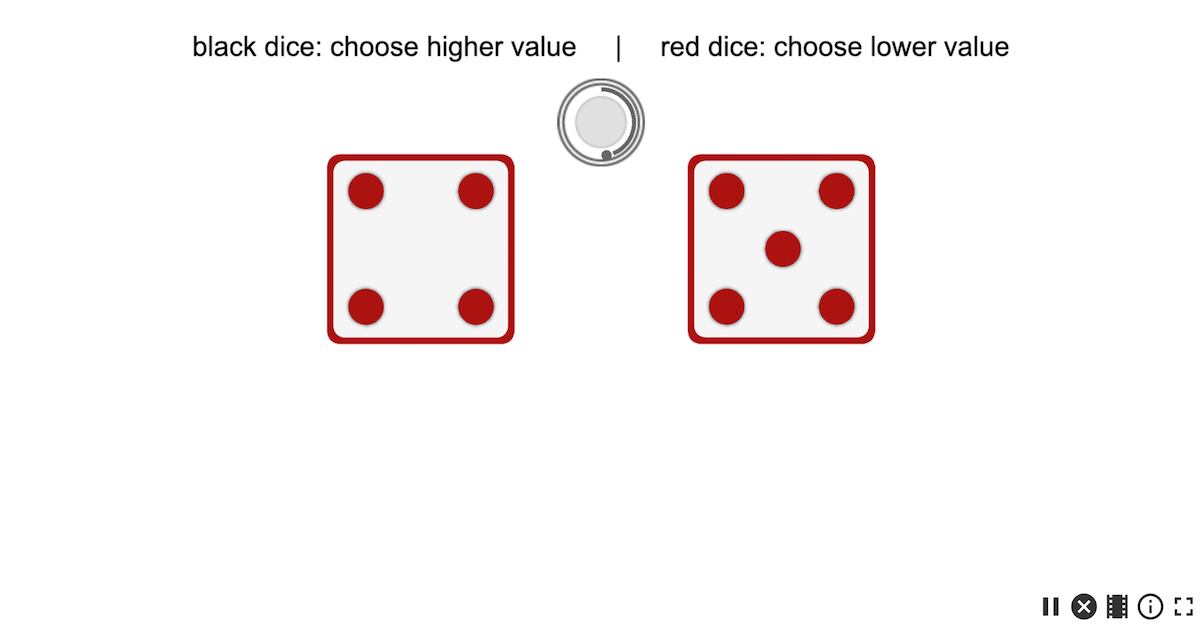Veterans with a history of mild traumatic brain injury showed vast improvement in cognitive function after 12 weeks using an online brain game program, according to a study published in the journal Brain on Tuesday.
The study, dubbed BRAVE, had 83 veterans use the BrainHQ program for one hour a day, five days a week, and found that they had improved on average 24 percentile ranks, according to a release. In other words, from the 50th percentile of function to the 74th.
“The general idea is that you have a noisy brain,” Dr. Morris Bell, who co-authored the study, told Military Times on Friday, of the long-term effects of some mTBI. “That the impact of a blast injury, in particular, is a diffuse disorder. You need to improve processing at the most basic level.”
The Defense Department-funded study compared the program against a control group, whose members played commercial computer games. The BrainHQ group saw four times the improvement of the control group, which increased to five times when members were tested again 12 weeks after ending the program.
TBIs, especially mild kind regularly sustained during a career of ordnance blasts and firing high-powered weapons, are a key focus for DoD, as the long-term effects can cause not only physical issues, but emotional and behavioral ones.
RELATED

BrainHQ, available online with free and subscription choices, was developed by Michael Merzenich, who created the cognitive training to help cochlear implant patients restore their ability to process sounds. He’s since gone on to develop a similar program for children with dyslexia.
The program starts with basic visual and auditory processing exercises, Bell said, which create the building blocks, with choices targeted to brain speed, memory and attention. And unlike video games, he said, you can’t pick up tricks to perform better.
“There’s no strategy for that,” he said. “You get better because your brain gets better at it.”
Based on how well you do, the program flexes. If you’re doing poorly, it will get easier, and if you’re whizzing through it, it gets more difficult.
“And in this trial, participating in this also was a way of overcoming the fatigue, and staying focused, and learning to have confidence in your ability to stay focused,” Bell added, another significant hurdle for long-term TBI effects.

That was a key effect for John Oppenheim, 80, a former Air Force medic who fractured his skull at 7 years old.
Oppenheim, who served in the late 1950s, describes himself as somewhat hyper, with poor short-term memory.
“I was a cut-up in school. ertainly in the military I did the same thing,” he said. “When I got out, they said, ‘Don’t call us, we won’t call you.’ "
He learned about BrainHQ, and the study, through his own experience as a VA patient, as well as volunteering with veterans.
“I could not believe how quickly my ability to remember numbers came,” he said of starting up BrainHQ. “I was like, ‘Whoa, this stuff works.’ "
Now, he said, he can easily remember strings of numbers, like online authentication codes easily, including well after he’s typed them in.
“I can’t think of any other reason for that except doing those exercises,” he said.
Other exercises will drop you into a vignette and see how much you absorb from what you’re seeing. It might be a conversation between a couple of people, and you’re asked to recall what they talked about.
“How often do you space out, and you can’t keep track of what’s going on in a conversation?” Bell said. “People who have experienced TBI have not only the direct cognitive injury, but there’s also fatigue, and there’s depression. And these profoundly affect daily functioning.”
Oppenheim said he has turned to BrainHQ when he’s been feeling low, and it has helped him bounce back.
“It is a sense of accomplishment, but also ― I think that when I go out and do my two miles, I feel pretty good when I come back. To me, it’s all related. I don’t think you can separate the brain from the body anymore,” he said.
The BRAVE study focused on the 12-week dose, so Bell said that further study is needed to determine what kind of long-term program would best benefit TBI patients.
Oppenheim said that he finds he has to pace himself, as he wants to continue using BrainHQ regularly. Three or four days week feels best, he said.
“I think this is a great part of a comprehensive rehabilitation program for people who are also getting work services through the VA ... or returning to college,” Bell said.
That it’s an online program that anyone with an internet connection can do is a big bonus, he added.
“Being able to disseminate an intervention is a huge thing, and this is natural for that,” Bell said.
Meghann Myers is the Pentagon bureau chief at Military Times. She covers operations, policy, personnel, leadership and other issues affecting service members.





